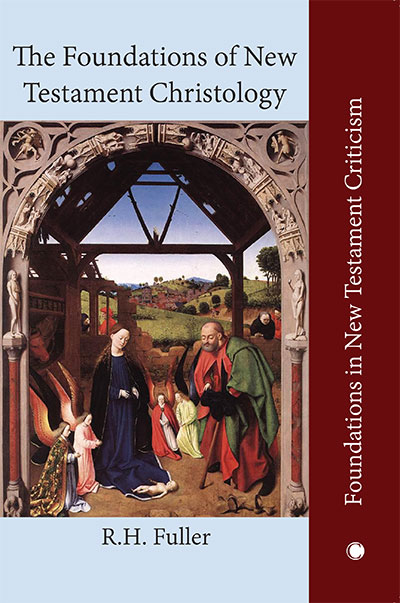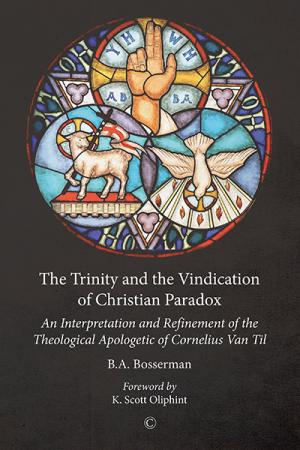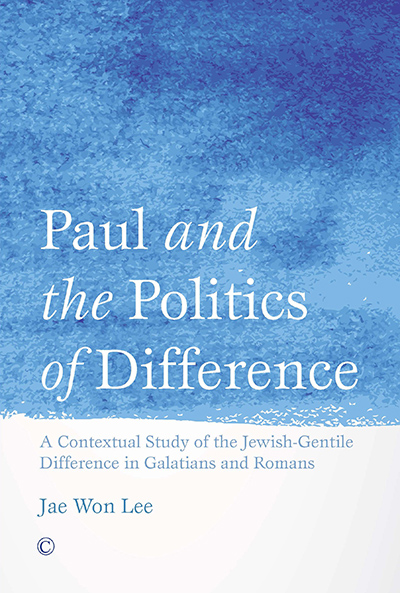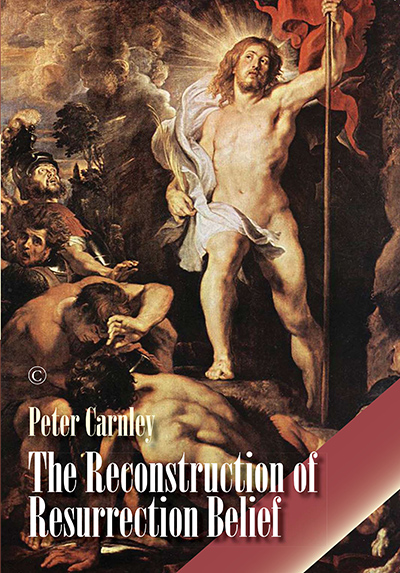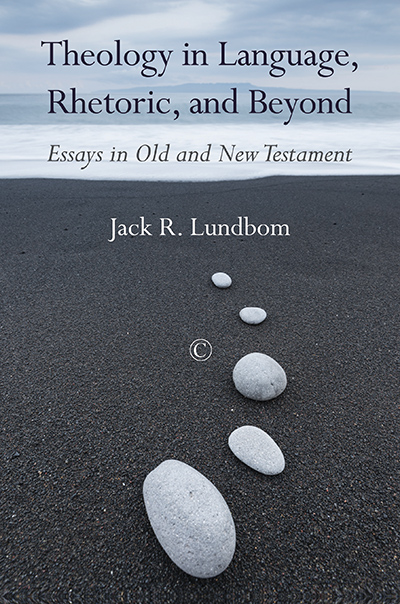Description
One of the key tasks of New Testament study is to construct a correct doctrine of the person of Jesus Christ, which is central to the Christian faith. In The Foundations of New Testament Christology, R.H. Fuller fulfils this task through a close examination of the first-century texts in both their Palestinian and Hellenistic contexts.
An exponent of the neo-orthodox position that dominated post-war scholarship in the field, central to Fuller’s argument is the ‘traditio-historical’ approach to New Testament criticism. As Fuller sees it, ‘the Church’s Christology was a response to its total encounter with Jesus, not only in his earthly history but also in the Church’s continuing life’. By emphasising the continuity between the historical Jesus and the witness and message of the early post-resurrection church, he offers a comprehensive and thorough survey of this most important facet of exegesis.
About the Author
Reginald Horace Fuller (1915-2007) was an Anglo-American biblical scholar, priest and ecumenist. After a spell as Professor of Theology and Hebrew at St David’s College, Lampeter, he was appointed Professor of New Testament at Seabury-Western Theological Seminary, Evanston IL. This was followed by positions at Union Theological Seminary, Columbia University and Virginia Theological Seminary, as well as numerous visiting professorships.
Contents
Preface
Preface to the 2002 Reprint
Abbreviations
I. The Approach to New Testament Christology
II. The Tools: (1) Palestinian Judaism
III. The Tools: (2) Hellenistic Judaism
IV. The Tools: (3) Hellenistic Gentile
V. The Historical Jesus: His Self-understanding
VI. The Kerygma of the Earliest Church: the Two Foci Christology
VII. The Hellenistic Jewish Mission: the Two Stage Christology
VIII. The Hellenistic Gentile Mission: the Three Stage Christology
IX. Building on the Foundations
Index of Scripture References
Index of Ancient Authors
Index of Modern Authors
Endorsements and Reviews
The problems of understanding the categories used by the first Christians, and of unravelling the development of the various ways in which they came to speak of Christ, are under constant review. At the heart of the debate is the vital question of method: by what process does one separate Jesus’ own understanding of his person from the beliefs of his followers, and how can one trace the various stages in the growth of their interpretation? Professor Fuller’s. . . is an important book, for it sets out clearly the principles by which many New Testament scholars today believe they must proceed in this vital task of evaluating the Christological material.
Morna D. Hooker, Religious Studies, 1971

